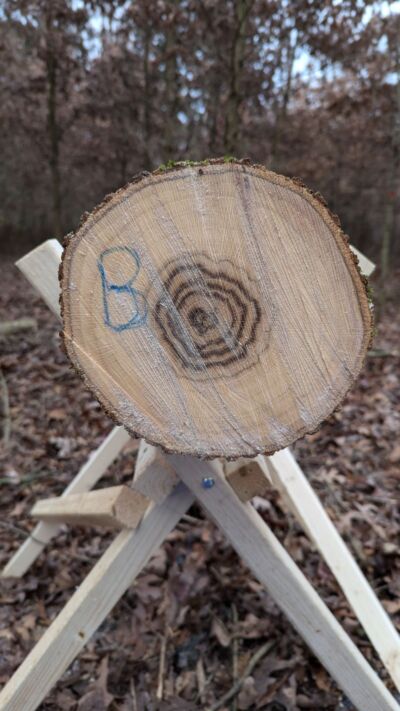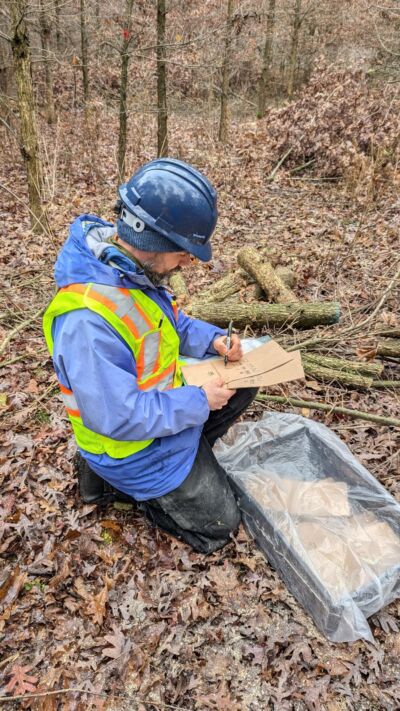Assisted Migration for Trees
Assisted migration is an adaptation tool. It involves collecting seed or genetic material from one location and moving it to an area where the climate, either now or predicted for the future, is similar to what the genetics were exposed to in their original location.
As weather and climate patterns change, trees need to adapt to and with these changes. Certain trees and their genetics that are local to the Thames River watershed and have been able to adapt to our climate in the past, may not be able to adapt to these changes now and into the predicted future climate. However, some native species and their southern genetics are expected to take advantage of our future predicted climate.

The Upper Thames River Conservation Authority (UTRCA), along with Forest Gene Conservation Association (FGCA), has worked with landowners and stewardship organizations to create, establish, and maintain two Assisted Migration Seed Orchards within the watershed. Red Oak, White Oak, and Burr Oak seed collected from southern sources in Tennesse and Pennsylvania were planted along with seed from local sources, to monitor and compare the growth and performance of these different genetics. Planting these trees together will also allow for cross pollination between local genetics and the southern sources planted, hopefully creating more resilient and adaptable trees.

In November, UTRCA and FGCA staff conducted thinning of the White Oak at the Holst Assisted Migration Seed Orchard located in Oxford County. This site, planted in 2010, has seen exceptional growth throughout all seed sources. Conducting thinning on this site will provide more opportunity for growth, allowing the remaining trees to become better seed producers in the future. As part of the thinning, over 200 tree cookie samples were collected and sent to the Canadian Forest Service in Sault Ste. Marie, to continue their research on climate change.

Projects like these seed orchards would not be possible without the support of our partners, including the FGCA and private landowners who provide land to plant. UTRCA would like to thank our partners for their support and initiative to continue to establish and maintain these projects and support the future health of our forests.
For more information on Assisted Migration, visit the FGCA’s website.

